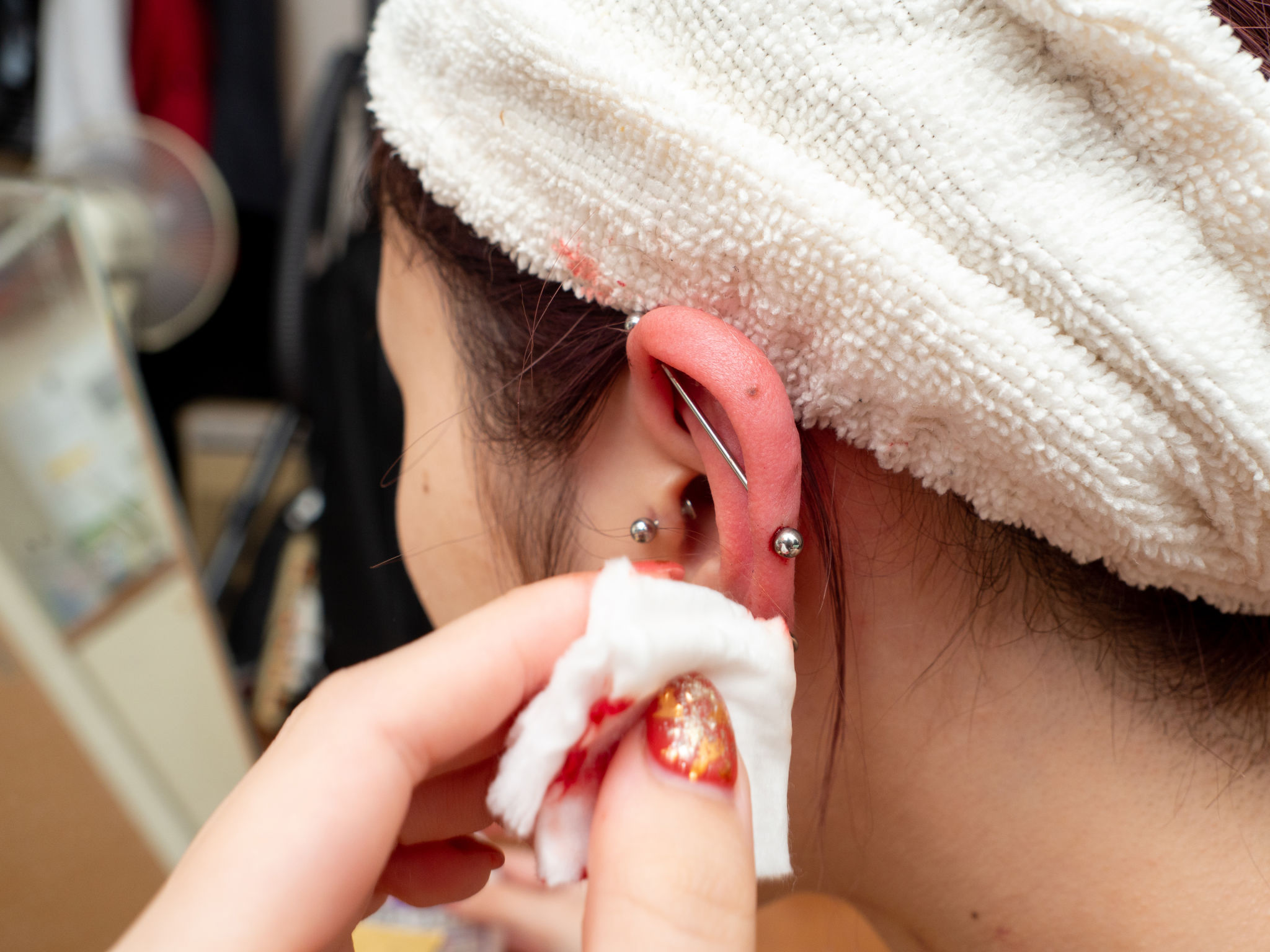Everything You Need to Know About Professional Body Piercings
Understanding Professional Body Piercings
Body piercings have been a part of human culture for centuries, serving as a form of self-expression and cultural identity. In the modern world, they continue to be popular for their aesthetic appeal and personal significance. Whether you're a first-timer or considering expanding your collection, understanding professional body piercings is essential for a safe and satisfying experience.

The Importance of Choosing a Professional Piercer
One of the most critical steps in getting a body piercing is selecting a professional piercer. A trained and experienced piercer ensures that the procedure is conducted safely and hygienically. Look for certified practitioners who adhere to industry standards and use sterilized equipment. It's always a good idea to read reviews and ask for recommendations from friends or family.
Types of Body Piercings
There are numerous types of body piercings available, each offering different levels of boldness and style. Some of the most popular include:
- Earlobe Piercing: The most common and widely accepted form of body piercing.
- Navel Piercing: A trendy choice, especially popular during the summer months.
- Nose Piercing: Offers a variety of placements, including nostril and septum.
- Eyebrow Piercing: A bold option that stands out on the face.
- Tongue Piercing: Known for its edgy appearance but requires careful aftercare.
Pain and Healing Process
It's natural to be concerned about the pain associated with body piercings. However, the level of discomfort varies depending on the location of the piercing and individual pain tolerance. Typically, earlobe piercings are among the least painful, while areas like the cartilage or tongue may cause more sensitivity. Aftercare is crucial to ensure proper healing, which can range from a few weeks to several months. Follow your piercer's instructions carefully to avoid complications.

Aftercare Tips for Healthy Healing
Proper aftercare is vital for preventing infections and ensuring your piercing heals correctly. Here are some general aftercare tips:
- Clean the area with a saline solution or an antiseptic recommended by your piercer.
- Avoid touching the piercing with dirty hands to minimize the risk of infection.
- Refrain from swimming in pools or lakes until the piercing has fully healed.
- Avoid changing or removing jewelry prematurely.
- Monitor for signs of infection, such as excessive redness, swelling, or discharge.
Jewelry Choices and Materials
The type of jewelry you choose for your piercing is not only a matter of style but also safety. It's important to select high-quality materials, such as surgical stainless steel, titanium, or gold, which are less likely to cause allergic reactions. Consult with your piercer about the best options for your specific needs, and always ensure that any jewelry is hypoallergenic.

Understanding Potential Risks
While body piercings can be a fantastic way to express individuality, it's essential to be aware of potential risks. Infections, allergic reactions, and scarring are some of the common concerns associated with piercings. By choosing a reputable piercer and following proper aftercare protocols, you can significantly reduce these risks. If you notice any unusual symptoms or persistent issues, seek medical advice promptly.
In summary, professional body piercings are a popular form of self-expression that require careful consideration and responsible care. By understanding the process, selecting the right piercer, and adhering to aftercare recommendations, you can enjoy your new piercing safely and stylishly.
